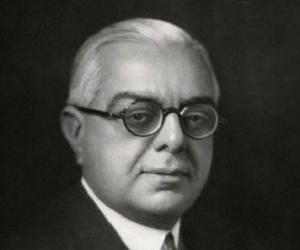Birthday: November 2, 1877 (Scorpio)
Born In: Karachi, Pakistan
Birthday: November 2, 1877 (Scorpio)
Born In: Karachi, Pakistan

Birthday: November 2, 1877 (Scorpio)
Born In: Karachi, Pakistan
Recommended For You
Indian Celebrities Born In November
Also Known As: Sir Sultan Mahomed Shah
Died At Age: 79
Spouse/Ex-: Begum Aga Khan III (1944), Andrée Joséphine Carron (1929–1943), Cleope Teresa Magliano (1908–1926)
father: Aga Khan II
mother: Nawab A'lia Shamsul-Muluk
children: Giuseppe Mahdi Shah, Prince Aly Khan, Prince Giuseppe Mahdi Aga Khan, Prince Sadruddin Aga Khan
Born Country: Pakistan
place of death: Versoix, Switzerland
City: Karachi, Pakistan
education: Eton College
awards: Knight Grand Cross of the Royal Victorian Order
Knight Grand Cross of the Order of St Michael and St George
Recommended For You
Recommended Lists:
How To Cite
People Also Viewed